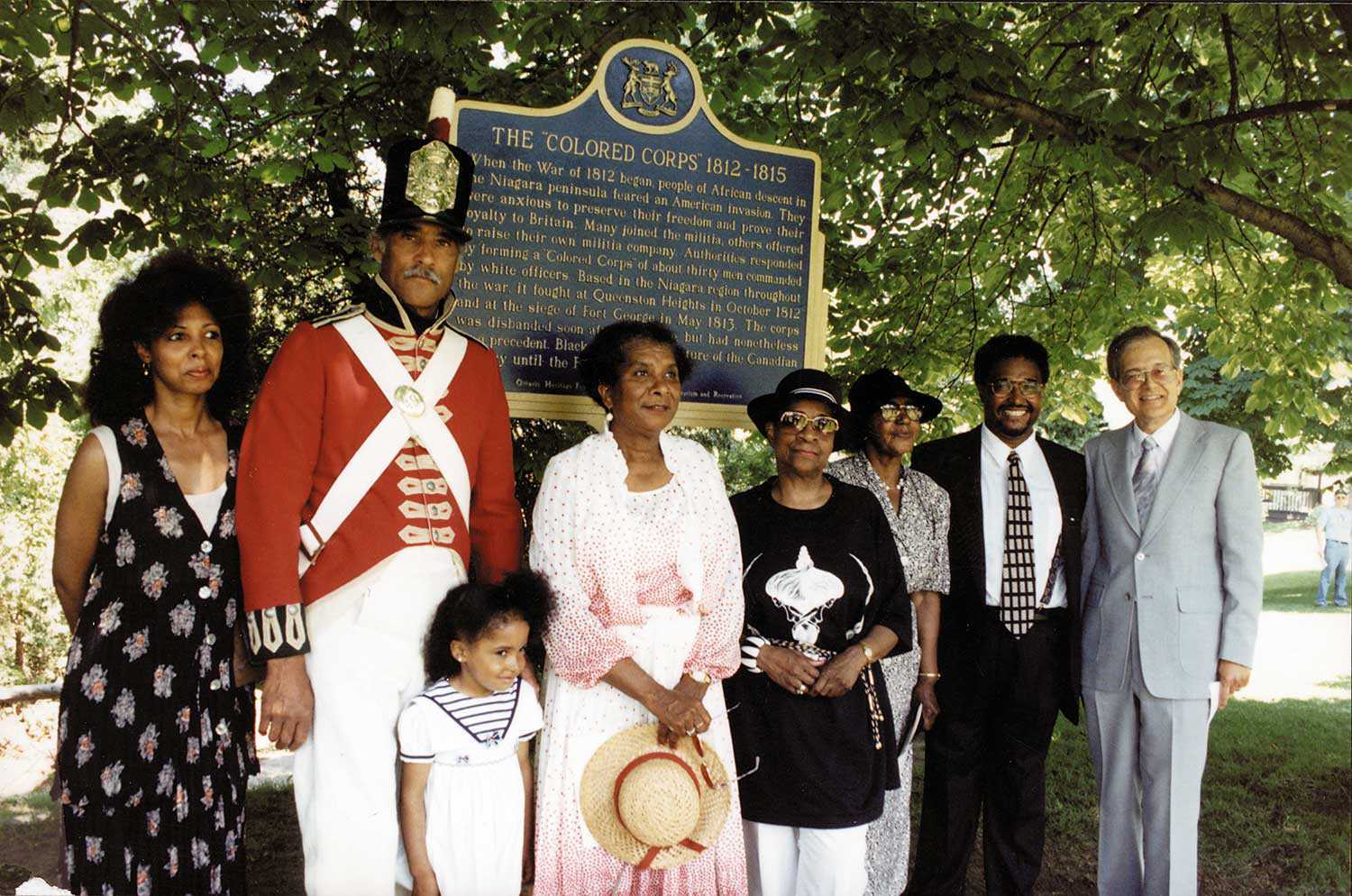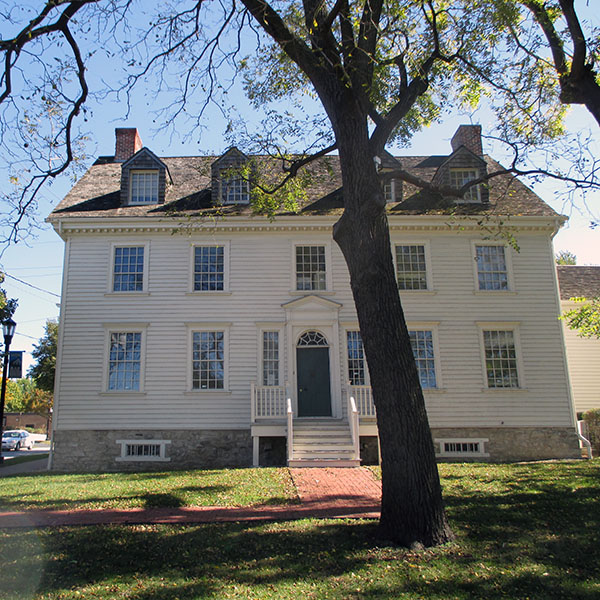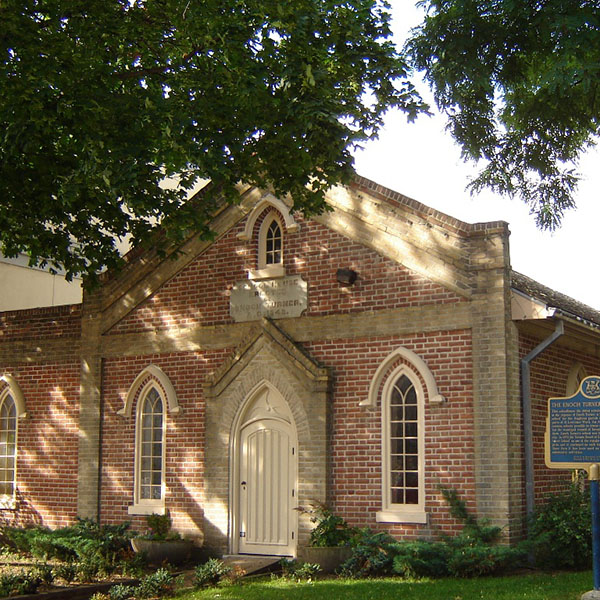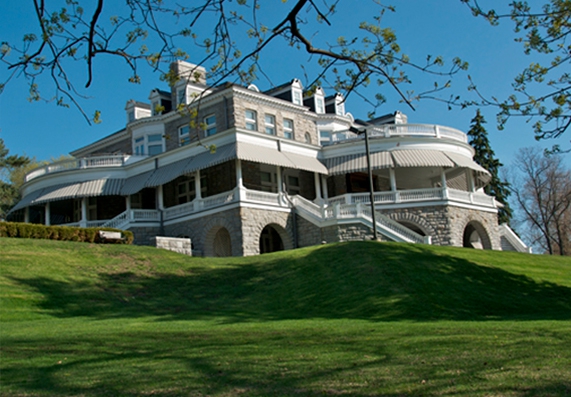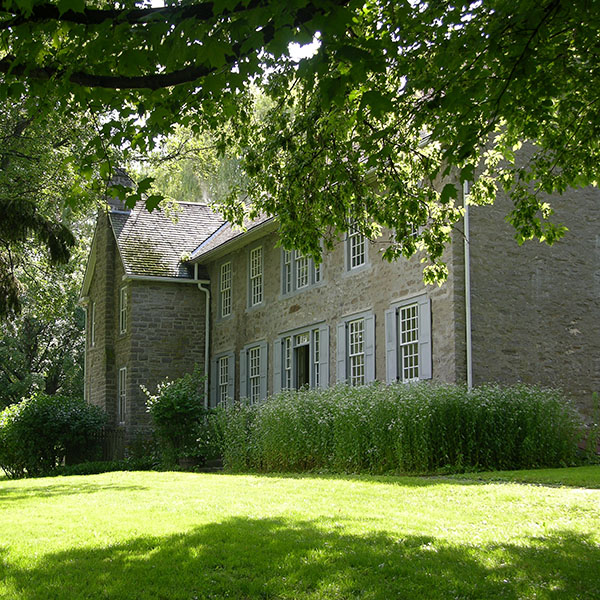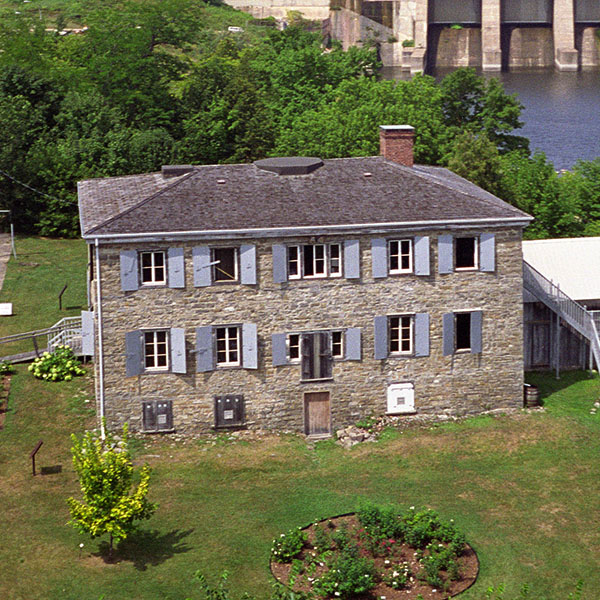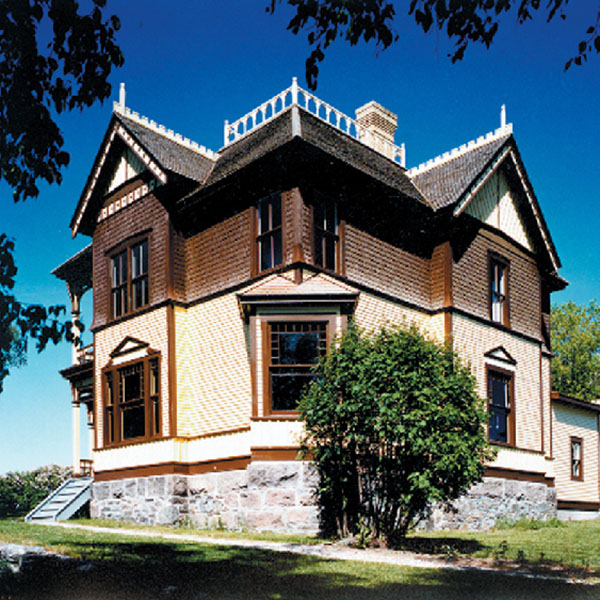Menu
Opening for the season on May 16
Special events and Programming
Book your virtual guided tour of the Josiah Henson Museum of African-Canadian History today!
Black History Month
Black History Month is recognized throughout Canada, providing citizens an opportunity to reflect on and celebrate the contributions and achievements of Canadians of African descent.
The push for recognizing Black achievement began with American author and historian Carter G. Woodson who, in 1926, proposed an observance to honour the accomplishments of Black Americans. He called it Negro History Week, which was later renamed Black History Week. He chose the second week of February because it marks the birthdays of renowned abolitionist Frederick Douglass and United States President Abraham Lincoln, who is credited with the abolition of American slavery. In 1976, it was changed to Black History Month in the United States.
Through the efforts of the Ontario Black History Society, the House of Commons in Canada officially recognized Black History Month in 1995 when The Honourable Jean Augustine – the first Black female member of Parliament – introduced the motion. It was unanimously adopted.
NOTE:
Beyond the Underground Railroad: The living legacy of Mary Ann Shadd Cary
Videos now available
2023 marks the 200th anniversary of the birth of Mary Ann Shadd Cary – a pioneer in publishing, education and law. Cary was the first Black woman newspaper publisher in Canada, established a racially integrated school for Black refugees in Windsor and, in 1883, she became one of the first Black women to complete a law degree in North America. Join the team behind the video series Beyond the Underground Railroad for an informative and educational discussion celebrating Cary’s remarkable life and legacy.
Beyond the Underground Railroad is an annual pre-recorded virtual discussion hosted by the Josiah Henson Museum of African-Canadian History, Buxton National Historic Site & Museum and the Black Mecca Museum. Watch previous videos: Strategies for confronting anti-Black racism (2022) and Black History in Chatham-Kent (2021).
Emancipation Day
Many communities in Ontario began celebrating Emancipation Day after the Abolition of Slavery Act became law on August 1, 1834. The day was especially popular in places where freedom seekers from plantations in the United States settled – most notably Sandwich (now Windsor), Toronto, Hamilton and Owen Sound. And, of course, the Dawn Settlement in Dresden celebrated as well.
In the 19th century, Emancipation Day was an important expression of identity for the Black community and anti-slavery activists. It gave people the opportunity to celebrate the end of slavery in Canada and the British Empire with parades, music, food and dancing. The day also provided a vehicle to lobby for Black rights in Canada and the abolition of American slavery.
Emancipation Day continues in Ontario today. In 2010, Windsor marked its 175th Emancipation Day. The Josiah Henson Museum of African-Canadian History has revived the spirit of emancipation and continues to celebrate Emancipation Day every year.
Learn more
Josiah Henson Museum of African-Canadian History video library
Reflect on inspiring stories that speak to the early African-Canadian experience in Ontario through recorded interviews, presentations, pre-recorded virtual tours, performances and more.
Slavery to Freedom
Slavery to Freedom chronicles the perilous path that 19th-century Black people followed to find sanctuary in Ontario.
Heritage Matters: Stories about Black heritage
Enrich your understanding of our past and present with articles about Black heritage and history from across the province. Learn about exceptional individuals such as dance pioneer Len Gibson and the Honourable Jean Augustine or explore the history of Black women’s voting rights.
Provincial plaques: Celebrating Ontario’s Black heritage
Our provincial plaques commemorate important stories related to Ontario’s Black heritage – from War of 1812 soldiers and Underground Railroad conductor Harriet Tubman to churches and settlements that have carved out a place in Ontario’s story. Here’s a few to get you started:
- The Wilberforce Settlement
- The Buxton Settlement
- The Solomon Moseby Affair, 1837
- Chloe Cooley and the 1793 Act to Limit Slavery in Upper Canada
- William and Susannah Steward House
- Hugh Burnett and the National Unity Association
Explore more plaques and historical plaque background papers.


